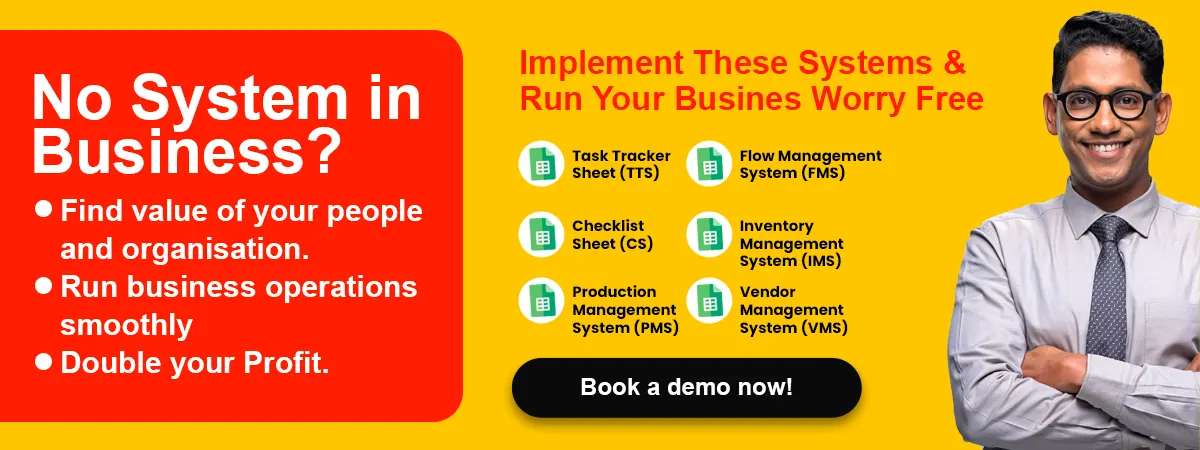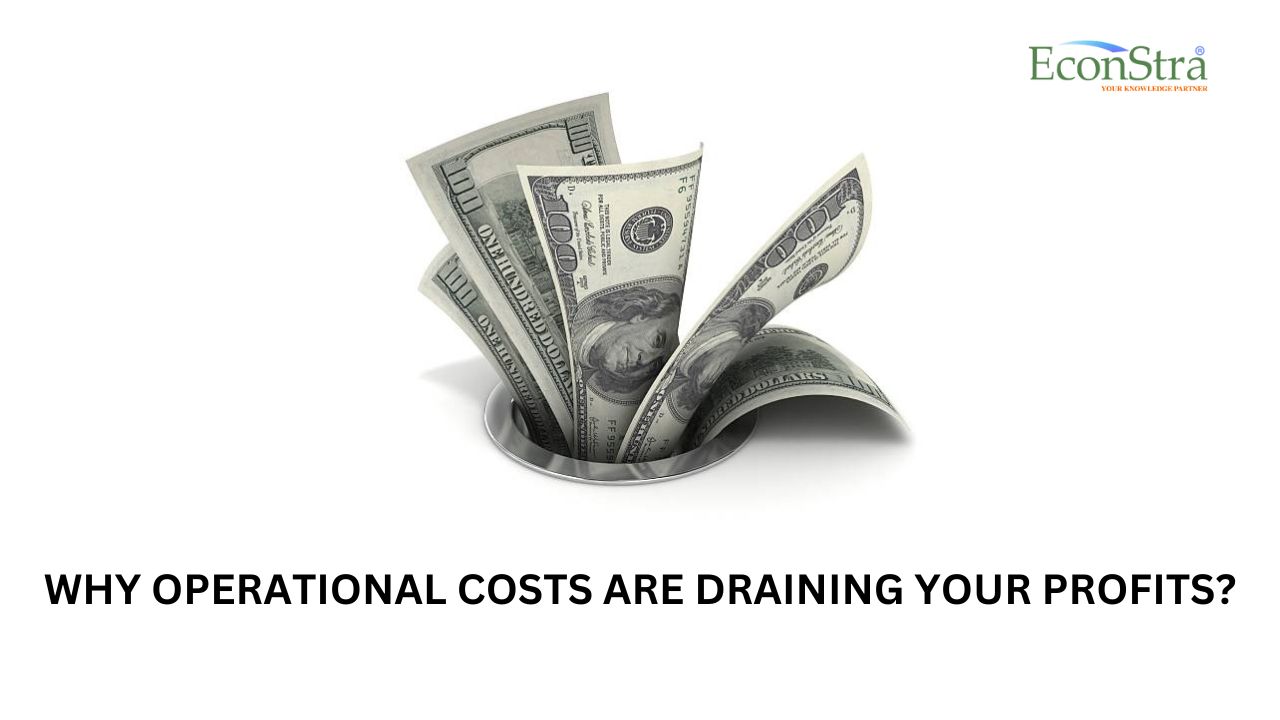by Subhadeep Chowdhury
Share

Enterprise Resource Planning (ERP) has become a cornerstone in modern business management, offering organizations a unified solution to integrate and streamline various critical processes.
Also read : Embracing Automation In Business Management Systems
What Does Enterprise Resource Planning Involve
In this article, we will delve into the intricate components that make up ERP, shedding light on what precisely enterprise resource planning involves.
Holistic Process Integration:
At its core, ERP involves the comprehensive integration of essential business processes. This includes but is not limited to finance, human resources, supply chain management, manufacturing, and customer relationship management. The aim is to break down silos and create a cohesive, interconnected system that facilitates seamless communication across different departments.
Also, read our detailed article on What Is Enterprise Resource Planning
Centralized Database Management:
A fundamental aspect of ERP is the establishment of a centralized database serving as a singular repository for all organizational data. This centralized approach ensures data consistency, reduces redundancy, and serves as a reliable source of truth. By consolidating data, ERP mitigates the risks associated with disparate information sources and enhances overall data accuracy.
Modularity and Customization Options:
ERP systems are designed with modularity in mind, allowing organizations to choose and implement specific modules that align with their unique needs. These modules can cover finance, human resources, procurement, inventory management, and more. Furthermore, ERP solutions often offer customization options, enabling businesses to tailor the system to their specific workflows and operational requirements.
Also, read our article on the Benefits Of Business Process Automation
Automation of Workflows:
ERP’s functionality extends to automating routine tasks and workflows. This includes automating financial transactions, order processing, inventory management, and other repetitive activities. Automation not only boosts operational efficiency but also minimizes the risks associated with manual data entry errors.
Real-Time Reporting and Analytics:
ERP empowers organizations with real-time reporting and analytics capabilities. Through dashboards and reports, businesses gain insights into key performance indicators (KPIs). This real-time visibility enables executives and managers to make informed, data-driven decisions, enhancing the overall agility and responsiveness of the organization.
Optimized Supply Chain Management:
ERP systems play a pivotal role in optimizing the supply chain by managing procurement, production planning, inventory control, and distribution. A comprehensive view of the supply chain allows organizations to improve demand forecasting, minimize stockouts, and optimize inventory levels, ultimately leading to enhanced customer satisfaction and cost savings.
Human Resource Management Functionality:
ERP includes dedicated modules for human resource management, covering areas such as employee records, payroll, benefits administration, and performance management. This facilitates efficient workforce management, ensures compliance with regulations, and contributes to overall employee satisfaction.
Also read: Tips for Business Process Automation
Customer Relationship Management (CRM) Integration:
Many ERP solutions incorporate CRM functionality to manage customer interactions, sales, and marketing. Integrating CRM with other ERP modules provides organizations with a holistic view of customer relationships, allowing for more personalized products and services tailored to customer needs.
NOTE:
When it comes to managing a business, you need more than just good ideas – you need a smart system that can keep up with the changes in the business world. That’s where ECONSTRA comes in – your partner in making business easier. ECONSTRA is not just a regular business advisor; they offer a complete package with easy-to-use Software as a Service (SAAS) and the latest systems for automating business tasks. Whether it’s handling money matters or making sure everything in the supply chain runs smoothly, ECONSTRA’s solutions are there to help. They understand every business is different, and that’s why their services are tailor-made to suit your needs. With ECONSTRA, you’re not just getting software – you’re getting a friend who knows the ins and outs of business. Make your business journey smoother with ECONSTRA – where expert advice meets easy-to-use technology.
Conclusion: What Does Enterprise Resource Planning Involve
In conclusion, Enterprise Resource Planning is a multifaceted business management solution involving the integration of various processes, the establishment of a centralized database, modularity, customization, workflow automation, real-time reporting, supply chain optimization, human resource management, and customer relationship management. As organizations embrace ERP, they position themselves for increased operational efficiency, informed decision-making, and a competitive edge in today’s dynamic business environment.
STAY IN THE LOOP
Subscribe to our free newsletter.
Business consultant services provide the strategic insight and expertise necessary to steer your company through various challenges and opportunities. These professionals play a crucial role in helping businesses identify growth opportunities, optimize operations, and achieve long-term success. Understanding the Role of a Business Consultant A business consultant acts as an external advisor who brings a […]
In today’s competitive business landscape, companies are constantly seeking ways to reduce operational costs while maintaining or improving efficiency and customer satisfaction. Customer Relationship Management (CRM) systems have emerged as vital tools that enable businesses to achieve these goals. As a leading business consultancy, Econstra understands the importance of leveraging CRM technology to streamline operations, […]
Why Operational Costs Are Draining Your Profits? Operational costs are a critical aspect of running a successful business, but when not managed properly, they can drain your profits and stifle growth. In a competitive market, maintaining profitability requires keen oversight of expenses and strategic planning. Econstra, as a leading business consultancy, provides insights and strategies […]
In the rapidly advancing digital landscape, Artificial Intelligence (AI) tools have emerged as transformative assets for businesses. Their potential to enhance efficiency, streamline operations, and drive innovation makes them invaluable for business consultants and organizations worldwide. For business consultants in India, AI’s strategic application can be particularly advantageous in navigating a diverse and dynamic market. […]





